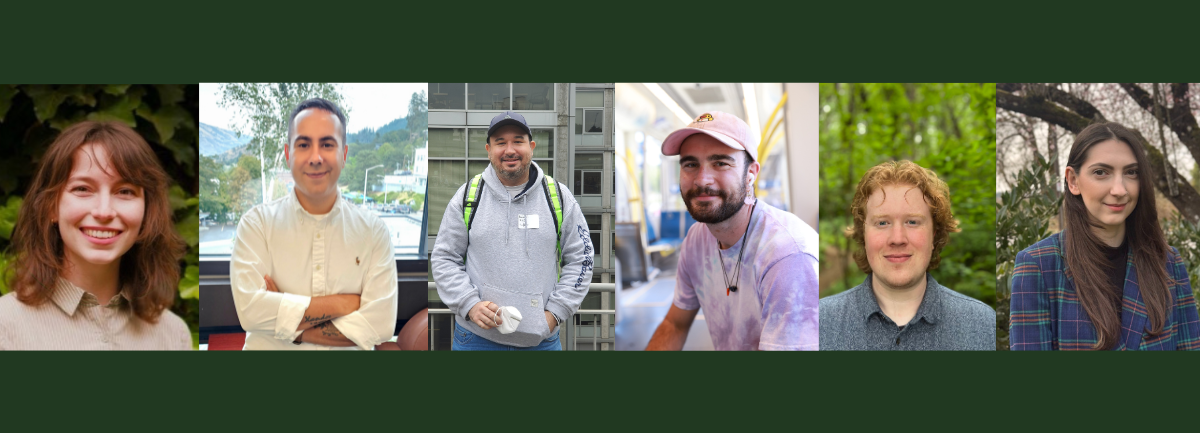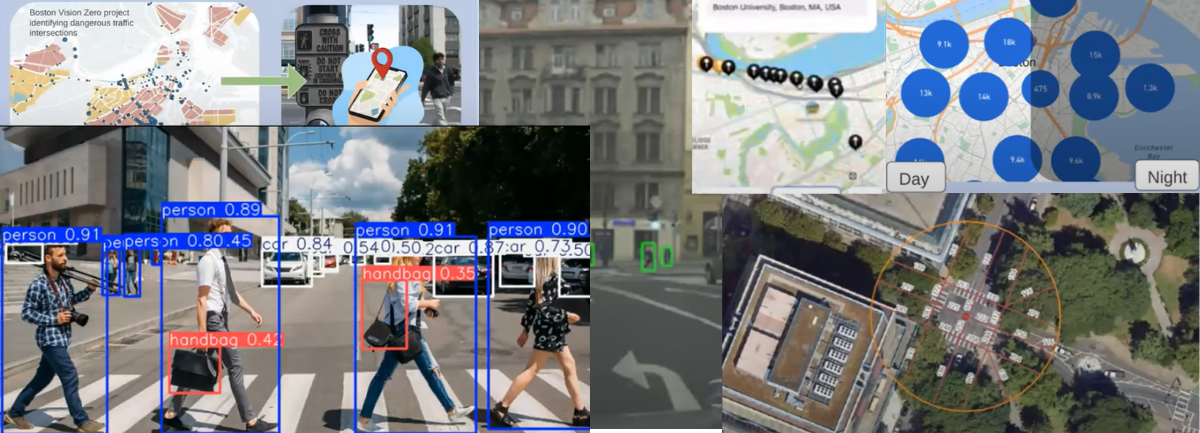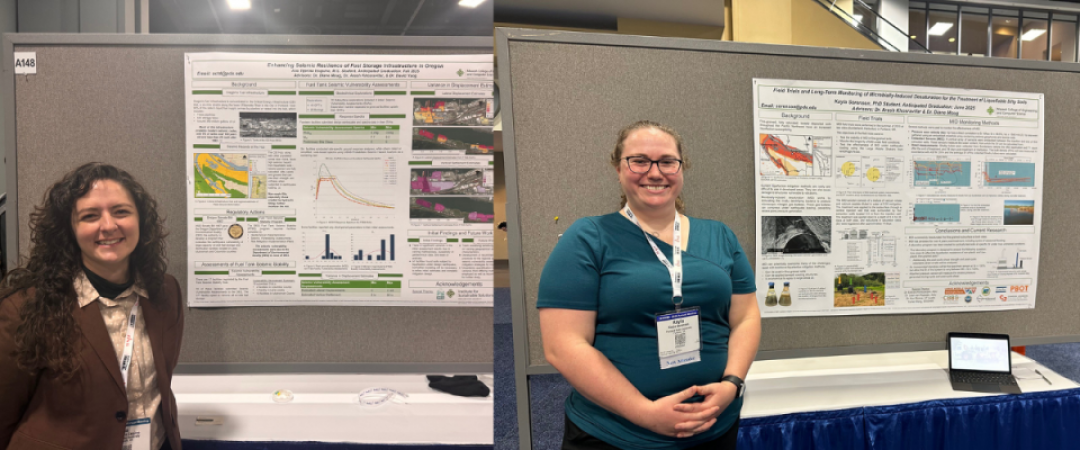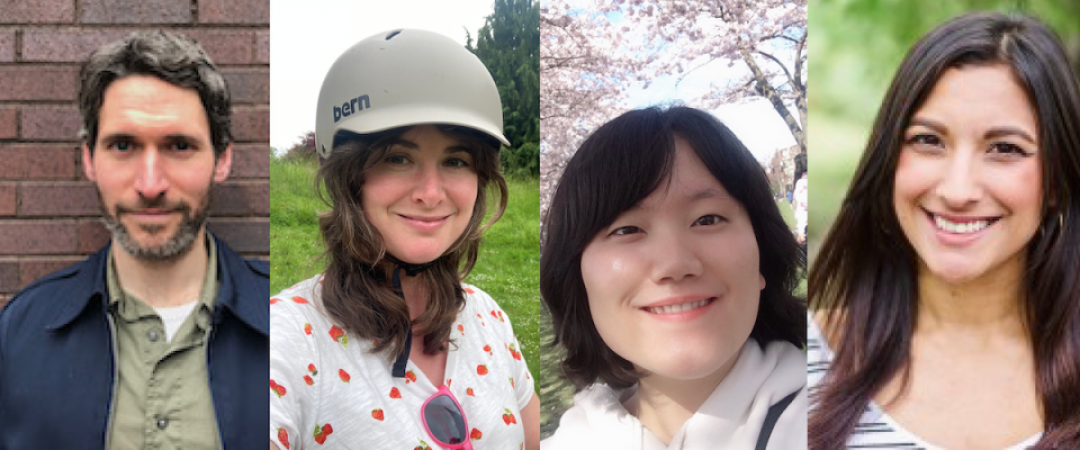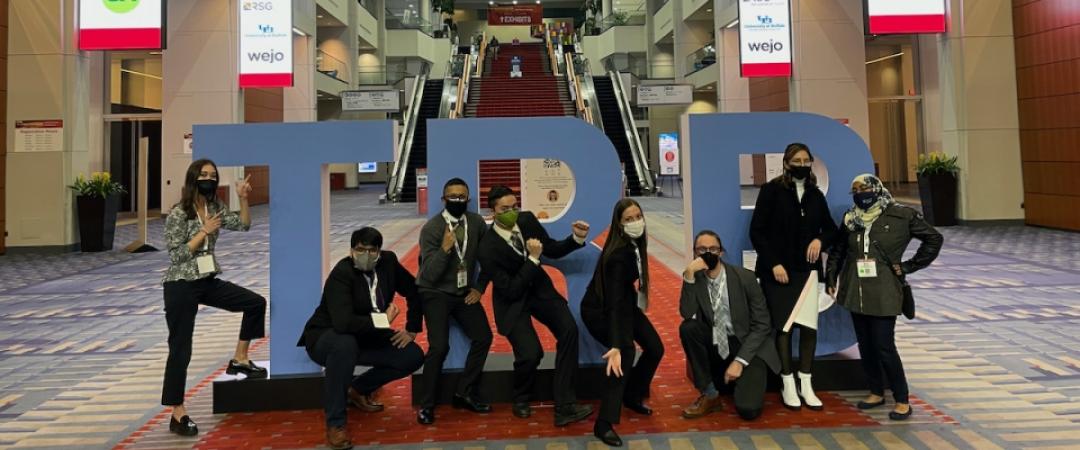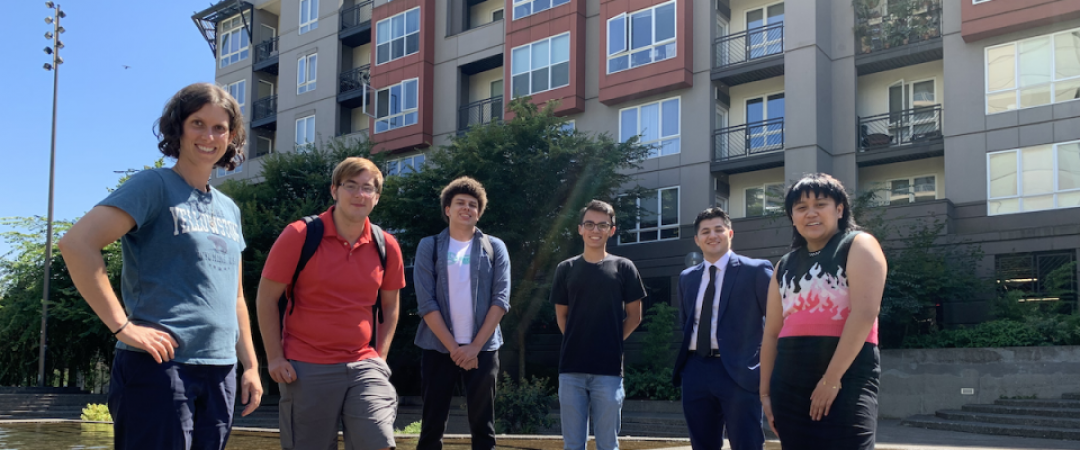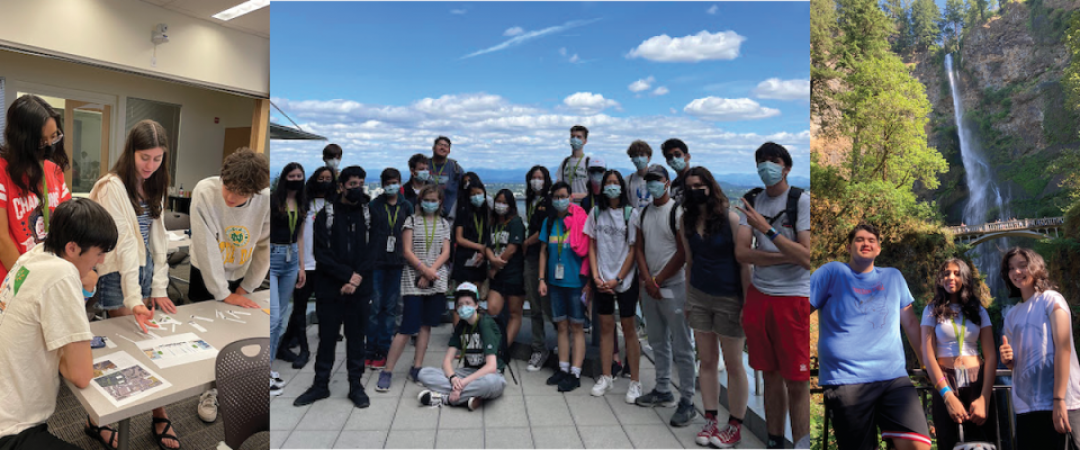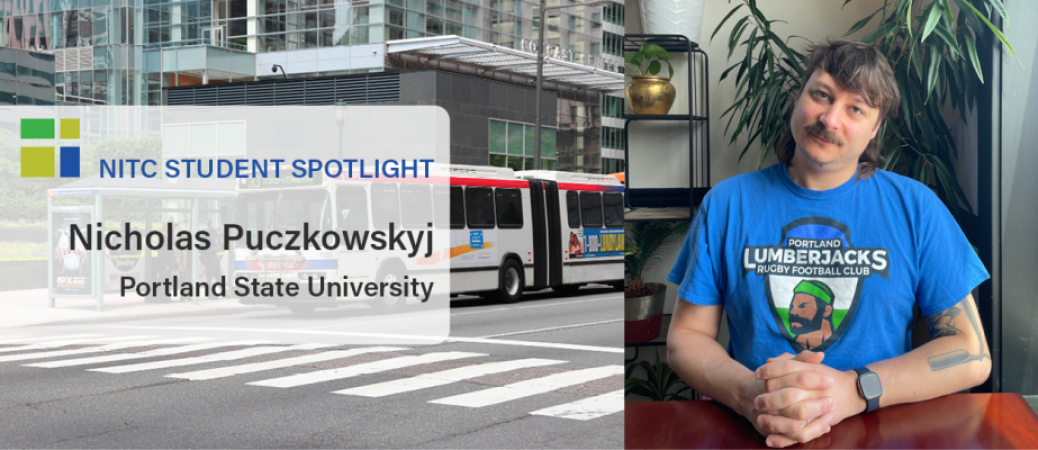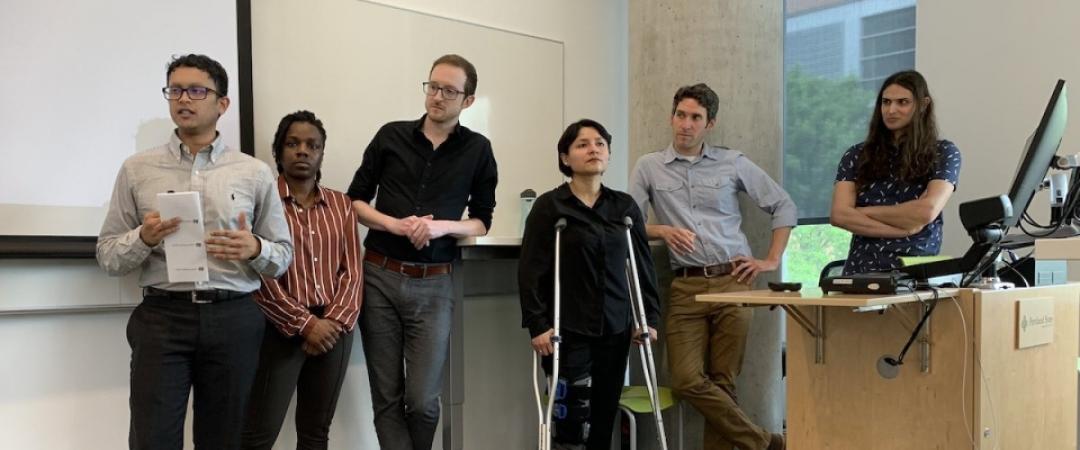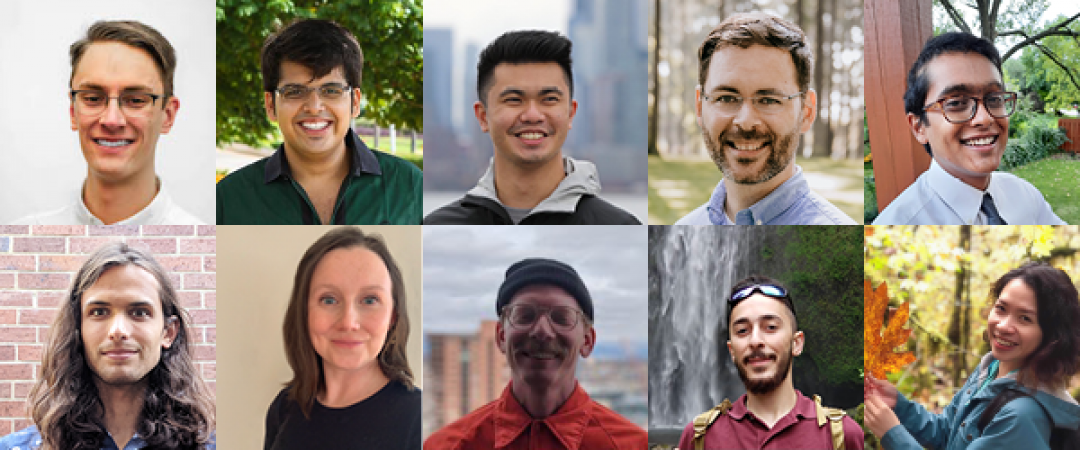We're proud to announce Portland State University's transportation scholarship recipients for the 2025/26 academic year! Scholarships are awarded by the Transportation Research and Education Center (TREC) at PSU, as well as by local transportation organizations. These awards reflect the excellence and impact of transportation students at PSU, whose work reaches beyond the classroom to impact the daily lives of real people in and around our region.

